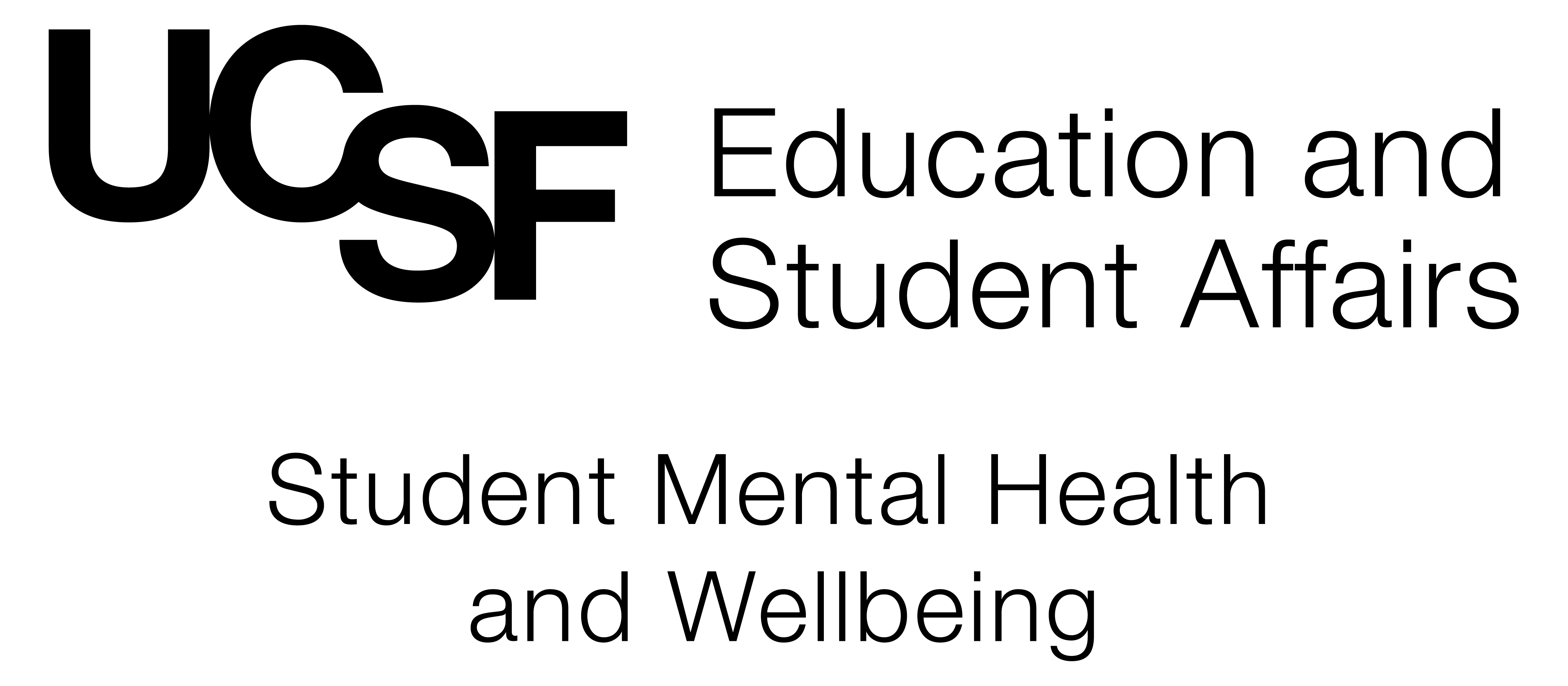What is Clinical Case Management?
Clinical Case Management is a vital service for students at UCSF who need more than individual therapy, clinical group, or medication management. It connects students with a wide range of resources provided by UCSF Student Mental Health & Wellbeing Services (SMHW) within their communities. Information you share with the Case Manager is confidential.
Overview of a Case Management Session
Duration and Fees: A brief, 20-minute session with a SMHW licensed clinician, completely free of charge.
Purpose: To connect students with tailored services and resources that address their unique needs.
Types of Resources Available
- General Information: Basic guidance and support on various clinical topics. For non-clinical Case Management support such as basic needs, housing, advocacy, etc., a referral to Student Life Services or Students Rights and Responsibilities may be more appropriate.
- Provider Referrals: Connections to in-house or community mental health providers.
- Higher Level of Care (HLOC): Referrals for more intensive treatment options when appropriate.
- Specialty Care: Access to specific types of healthcare services or referral to primary care.
- Recovery Programs: Resources for substance use and other recovery services.
- Recommendations for consultation with various campus partners such as Student Disability Services (SDS), Learning Resource Center (LRS), Offices of Career and Professional Development (OCPD), Registered Campus Organizations (RCOs), etc.
- And More: Various other personalized resources based on individual needs.
What to Expect During Your Appointment
Collaboration: Work with the Case Manager to assess and prioritize your current needs.
Personalized Care: Receive recommendations and referrals tailored to your specific situation.
Assistance with Appointments: Optionally, the Case Manager can help you schedule appointments with community providers during the session.
Preparing for Your Case Management Appointment
List Your Concerns/Goals: Write down and prioritize the top three issues you need help with, whether they are academic, interpersonal, or related to substance use.
Geographic Considerations: If you’re planning to leave the San Francisco Bay Area, consider where you’ll need services or resources.
Punctuality: Arrive on time; even a small delay can reduce the effectiveness of your session.
After Your Case Management Appointment
Next Steps: Attend your scheduled appointment with the new provider, similar to attending a regular doctor's visit.
Feedback: Share your experiences with the Case Manager to help improve the services for future students. You can do this by sending a secure message to your SMHW provider or contacting the Counseling Center front desk at 415-476-1281.
By taking advantage of Case Management services, you can ensure that you’re connected to the right resources to support your well-being and academic success at UCSF.
